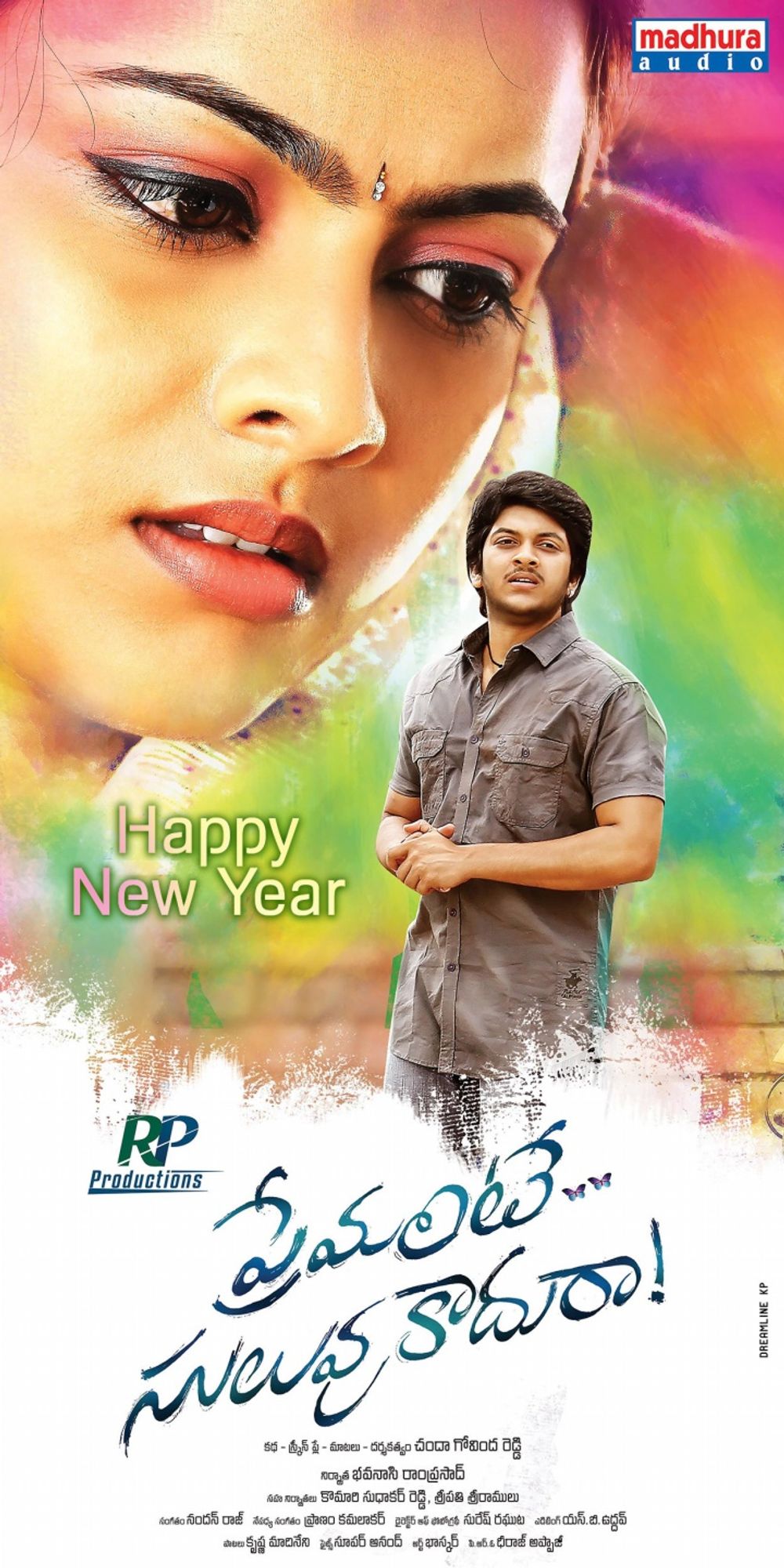Guzarish (2010), directed by Sanjay Leela Bhansali, is an emotional rollercoaster that takes viewers through an intense journey of love, despair, and resilience. Set against a melancholic backdrop, the movie explores themes of love, suffering, and the human spirit in a truly haunting yet beautiful manner. With impeccable performances by Hrithik Roshan and Aishwarya Rai Bachchan, Guzarish stands out as one of the most emotionally charged and artistically crafted films of the decade.
Plot Summary
Guzarish revolves around the life of Ethan Mascarenhas (Hrithik Roshan), a celebrated magician who is left paraplegic following a tragic accident during one of his performances. Ethan, now confined to a wheelchair, leads a life of constant pain and despair. Despite his physical condition, he never loses his sharp wit, intellect, and zest for life. Ethan’s only solace is his live-in nurse, Sofia D’Souza (Aishwarya Rai Bachchan), who has been by his side for the past 12 years.
The movie begins with Ethan petitioning the court for euthanasia – the legal right to end his suffering on his own terms. As the legal battle ensues, the film delves into his relationship with Sofia, his determination to live life on his own terms, and the emotional, philosophical, and moral struggles surrounding assisted death.
Despite his incapacitated body, Ethan is a spirited individual, displaying remarkable resilience. His bond with Sofia, however, adds layers of complexity to the story as the two navigate their emotions for one another. Sofia, who has cared for Ethan selflessly over the years, grapples with a moral dilemma as she watches Ethan fight for his right to die.
The court case becomes the film’s main narrative arc, bringing into light the multiple layers of emotional torment Ethan faces. The proceedings make Ethan reflect on the life he once had, the people he loved, and the choices that lead to the accident that changed everything. In the background, we also learn more about his past—his life as a magician and the love story that once brought him joy.
Themes and Narratives
One of the most striking features of Guzarish is its exploration of the theme of death and the moral questions surrounding it. Bhansali creates an emotionally charged atmosphere that makes the audience question the sanctity of life, the boundaries of love, and the human desire to have control over one’s own fate. Ethan’s plea for euthanasia becomes more than just a legal request. It symbolizes his freedom from physical pain, the cessation of suffering, and, ultimately, the quest for dignity.
The theme of love is explored in multiple layers in Guzarish. Ethan’s relationship with Sofia is not just that of a caregiver and patient but reflects a deep, unspoken bond. Their silent communication, shared memories, and understanding for one another add a depth to their relationship, making it much more than a traditional love story. Sofia’s inner turmoil is apparent as she struggles with the duty to care for Ethan and her own sense of longing for a life of her own.
Moreover, the film also emphasizes the power of hope and human strength. Despite his condition, Ethan continues to challenge his circumstances. He educates the people around him, expresses his desires, and embraces every little pleasure life has to offer, all while dealing with physical, emotional, and psychological pain.
The presence of supporting characters such as the lawyer and Ethan’s mother helps in furthering the narrative and shedding light on the different perspectives on the theme of euthanasia. While Ethan is adamant about his rights, others offer contrasting opinions—some steeped in societal or religious convictions.
Performances
Hrithik Roshan as Ethan delivers one of the most powerful and understated performances of his career. Confining himself to a wheelchair for the entirety of the film, Hrithik convincingly portrays the emotional and physical anguish of a man who once had it all but is now a prisoner in his own body. His performance is nuanced and raw, filled with emotional intensity that resonates long after the movie ends. From the brightness in his eyes to the somber stillness that characterizes his interactions with Sofia, Hrithik brings depth and dignity to a role that required immense sensitivity.
Aishwarya Rai Bachchan as Sofia is equally stunning. Her portrayal of a woman torn between her love for Ethan and her responsibility toward him is mesmerizing. Her expressions, often simple but striking, effectively communicate Sofia’s inner conflict. Aishwarya adds a layer of humanity to the role, demonstrating that Sofia’s devotion to Ethan is not born out of duty alone but also from love.
The supporting cast, though not as prominent, plays a vital role in enriching the narrative. The mother-son dynamics between Ethan and his mother are portrayed beautifully, with the latter bringing a sense of nostalgia and grief to Ethan’s world.
Cinematography and Direction
Sanjay Leela Bhansali’s direction is one of the primary reasons for the movie’s success. Known for his trademark opulent visual style, Bhansali subtly integrates splendor with the muted tones of Guzarish to match the somber tone of the film. The movie is bathed in a melancholic color palette that enhances the themes of grief and loss. Each frame is meticulously crafted to mirror Ethan’s emotional state—some shots convey his isolation, while others illuminate the warmth of the love he shares with Sofia.
The backdrop of the Portuguese-inspired architecture gives the film an almost theatrical quality. Bhansali uses the setting not just as a place for the action but as a character itself that contributes to the story’s intimate and introspective mood. The design and placement of each scene are thoughtful, allowing the audience to feel Ethan’s confinement and his desperate plea for freedom.
Music and Background Score
The music of Guzarish, composed by Bhansali himself, complements the tone of the film impeccably. The haunting melodies encapsulate the feelings of sorrow, longing, and desire that run through Ethan’s life. The background score adds an extra layer of emotion to key scenes, making them even more impactful. Songs like “Tera Zikr Hai” are hauntingly beautiful, stirring a deep sense of nostalgia and hope. The music complements the film’s mood, pulling the audience into its world with incredible efficacy.
Final Thoughts
Guzarish is a visual and emotional masterpiece that challenges our perceptions of life and death. It asks difficult questions, poses ethical dilemmas, and demands the audience to reflect on the meaning of suffering, love, and freedom. The combination of a poignant script, brilliant direction, stellar performances, and captivating music makes it a powerful cinematic experience that lingers long after the screen fades to black.
While the film’s pacing may seem slow for some, the poignancy of the story and the beauty of the performances make it a must-watch for anyone looking for a soul-stirring and deeply reflective piece of cinema.
Sanjay Leela Bhansali delivers a thought-provoking narrative about the nature of suffering, sacrifice, and the struggle for personal autonomy. At its core, Guzarish is a celebration of the human spirit, demonstrating that even in the most difficult circumstances, love, dignity, and the hope of finding one’s own truth remain the driving forces of life.
Ultimately, Guzarish is a story about resilience in the face of immense physical and emotional hardship. It is an exploration of the fine balance between the will to live and the desire for peace, embodied in the unforgettable journey of Ethan Mascarenhas.





